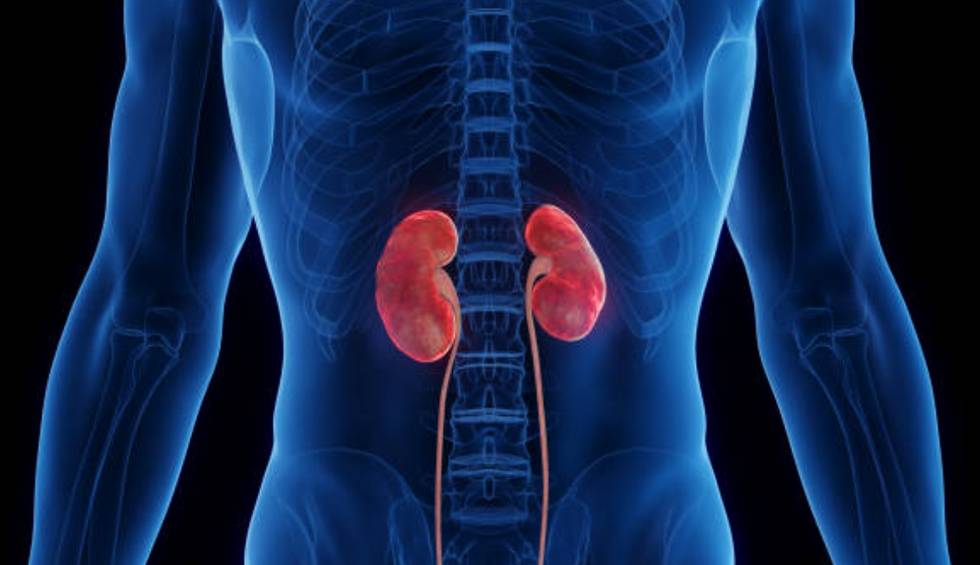UK heatwave warning as top professor sounds alarm over changes to the body that can 'last forever'

A leading professor warns of changes in the immune system caused by heatstroke
|Getty Images

A yellow heat health alert came into force on Monday as temperatures soared
Don't Miss
Most Read
A leading professor has sounded the alarm over the irreversible effects of heatstroke as temperatures soar in the UK.
Wednesday was the hottest day of the year so far, the Met Office said, with a high of 30.3C recorded at Heathrow Airport.
The previous hottest day of the year was Tuesday, with the mercury topping out at 30C in Chertsey in Surrey.
A yellow health alert was issued jointly by the UK Health Security Agency (UKHSA) and Met Office at 8am on Monday and remains in place until 5pm on Thursday.
One of the biggest risks posed by prolonged exposure to heat is heatstroke. This is where the body is no longer able to cool down and the body temperature becomes dangerously high.

Heatstroke victims have a greater frequency of developing chronic heart disease and kidney diseases
|Getty Images
"We rightfully worry about people dying from heatstroke. But the evidence in the last few years is extremely good that some people who experience heatstroke may have medical consequences that can affect them the rest of their life," said Thomas Clanton, a professor of applied physiology and kinesiology at the University of Florida.
Changes in the immune system of humans and animals have been documented "years" after a heatstroke, the professor warns.
Preliminary research presented at the American Heart Association's annual session in March this year backs up his claims.
Heat waves are known to promote inflammation but the mechanisms involved are not unclear.
The latest research found that exposure to high heat may impair the cells of the immune system that remember specific viruses and germs and over-produce signalling molecules that can lead to inflammation.
“Our study participants only had minor exposure to high temperatures on the day of their blood test, however, even minor exposure may contribute to changes in immune markers,” said lead study author Daniel W. Riggs of the University of Louisville.
Adults older than age 60 and adults with existing cardiovascular disease are particularly at risk for heat-related cardiovascular events and deaths, the lead author warned.
Professor Clanton echoes this warning, noting that heatstroke victims have a "greater frequency" of developing chronic heart disease and kidney diseases later in life.
LATEST DEVELOPMENTS
 Experiencing the symptoms of heat exhaustion, such as feeling faint, for more than 30 minutes can signal heatstroke | Getty Images
Experiencing the symptoms of heat exhaustion, such as feeling faint, for more than 30 minutes can signal heatstroke | Getty ImagesHow to spot heatstroke
Given the risks, you must watch out for the warning signs of heatstroke and take steps to cool down.
Common symptoms of heatstroke include:
- Confusion
- Lack of co-ordination
- Fast heartbeat
- Fast breathing or shortness of breath
- Hot skin that is not sweating
- Seizures
During heat waves, people can reduce their exposure by staying indoors when temperatures are highest and the sun is strongest; seeking shade; wearing light, breathable clothing; and drinking plenty of water, notes Professor Riggs of the University of Louisville.
Forecasts suggest this advice won't be necessary for much longer.
The hot spell is coming to an end with cooler and windy weather on the way, the Met Office has said.
The UK outlook is for increasingly unsettled conditions over the next few days.
Temperatures will move closer to the seasonal average across the country, with rain showers moving in to the north of England and Scotland, the forecaster said.










